PAUL WINCHELL: December 21, 1922 – June 24, 2005
There are people I have admired for many years. People I wanted to be more like: Jim Henson, Bill Hicks, Charles Schulz. The kinds of people whose laser-like focus on a craft took them to the heights of prominence. The kid of people who broke through the barriers of their chosen professions so dramatically that they revolutionized them. Experts in their fields. In his book Outliers, Malcolm Gladwell deconstructs the effort that goes into creating an expert, and describes the “10,000 hour rule” which claims that it takes 10,000 hours of continued practice at something to gain true mastery. He then points to Bill Gates and Steve Jobs and The Beatles and shows how their individual circumstances did not necessarily make them better programmers, designers, or musicians. Instead, they simply got them to 10,000 hours faster than anyone else in their fields. Expertise and iconoclasm, it seems, is a function of repetition and practice. And anyone who knows me know that “focus” is not my strong suit. Neither is “repetition”. And so, as I age, I find the people I want to be like have to change. This is a world that rewards those who can shut out everything in pursuit of a goal. But what about those of us who can’t? And so, as I age and I read and I learn, I find new people to admire, as well.
And quite logically, one of the people I admire the most is best-known for being the voice of Gargamel in the 1980s Smurfs cartoons.
When Paul Winchell died in 2005, a lot of friends described him as a guy with a chip on his shoulder. That despite a lifetime of accolades for his talent as an entertainer and earning a star on the Hollywood Walk of Fame, he felt that nobody ever took him seriously. One description I heard was that Paul Winchell died feeling that he had never reached his full potential, primarily because he was known for his television work. But standing back for a moment and looking at his life is important. Because at the same time that Paul Winchell was voicing cartoon villains and totally changing the way the world viewed ventriloquism, he was inventing and patenting the first implantable artificial heart, which he then donated to the University of Utah (who was doing similar work, but not as fast as Winchell). He spent his free time inventing things he would donate to the American Red Cross and the Leukemia Society, including flameless cigarette lighters and a plasma defrosting bag that remain in use today. He developed a way to cultivate tilapia in the small non-potable lakes in sub-Saharan Africa, helping to feed millions. In his late 70s, he became fascinated with Web technology and built and maintained his own website – as well as a website devoted to his own ruminations on theology – until his death at age 82.
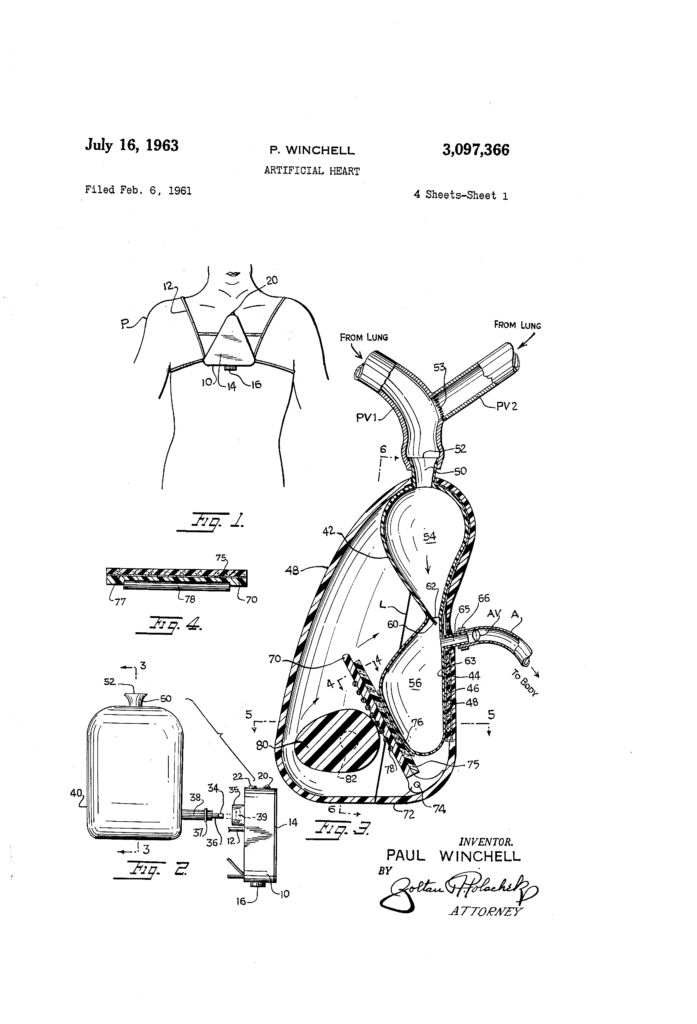
By any standards, Paul Winchell was a special talent. When he burst onto the national scene in 1950, he did so as a television ventriloquist. At that time, most ventriloquists were vaudeville-trained or had been on the radio. The need for perfect ventriloquism (where the audience truly can not see the ventriloquist’s lips move) had never been an issue in large halls. But television is an up-close medium, and the transition from the loose ventriloquism of live performing to the perfect ventriloquism of television was a hurdle most could not clear. Winchell proved himself to be the best. Not only was his ventriloquism perfect, he was funny. His dummy, Jerry Mahoney, was funnier than the average dummies of the day, and Winchell not only put them in every day situations that were relatable, he tried to make Jerry Mahoney as “human-like” as possible. Winchell even wrote the music for the show, which was a huge hit in the early 50s, just as television was taking off in this country. Winchell would springboard that work into acting gigs and ventriloquism performances. In 1968, Hanna-Barbera Productions had turned a corner and were churning out cartoons at a record pace. Winchell began doing voice work for cartoons, which would become the staple of his entertainment work until his death. The list of voice characters he did is too long to list here, but many of them are deeply-beloved characters, including Tigger, Gargamel (The Smurfs), Dick Dastardly (Wacky Races), Sam-I-Am (the animated Green Eggs and Ham), and Pig Pen (Charlie Brown).
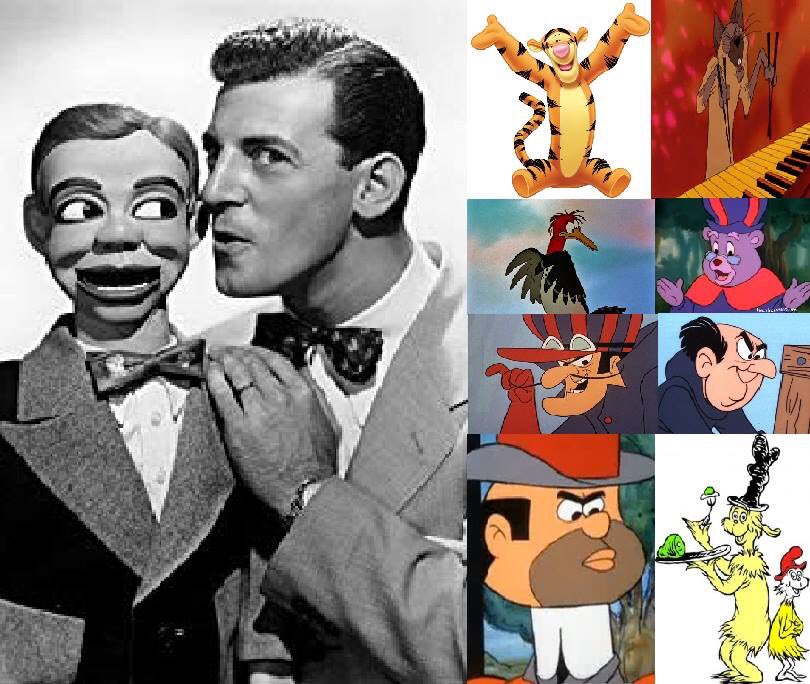
So what makes a man who spends 55 years working steadily and successfully, and filling his free time inventing things that help humanity (which he then gives away) feel like he never reached his fullest potential? In large part, it’s because of our definition of “success”. Success in this country so often is defined by how far we outpace the competition. By how far we “move the needle”. And that kind of success lies squarely in the domain of the “experts”, of those who have 10,000 hours of practice who take something farther than anyone ever dreamed possible. Winchell was not one of those people. Winchell moved a lot of metaphorical needles, but none as far as say, Bill Gates. And for whatever reason, our society has no capacity for measuring and totalling the sum of Paul Winchell’s iconoclasm. It’s arguable that in total, Winchell changed things more than Bill Gates; we just have no capacity for measuring that.
My friend Judy wrote a blog post where she describes “the expert generalist”. Success has long been the province of the 10,000 hour experts with a narrow breadth of knowledge that runs very deep. At the same time, the backhanded insult “Jack of all trades, master of none” was given to those with a wide-but-shallow breadth of knowledge. Until recently, few people have considered the potential power of those with both a broad base of knowledge that is also deep: the expert generalist. It wasn’t until Judy shared her research with me that I began to see myself in her research. And it wasn’t until I saw the negative reactions to the very idea of “expert generalists”, mostly by people who had pride in their own expertise in a single area who had issue with the use of the word “expert”. (More specifically, who felt that use of the word “expert” degraded their own success.) But evolutionary essayist Stephen Jay Gould had a simpler description: pattern recognizers. Gould argued that the human brain is nothing but a pattern-seeking machine, borne as a function of evolution. We seek patterns and “try to interpret [them] in terms of certain stories”.
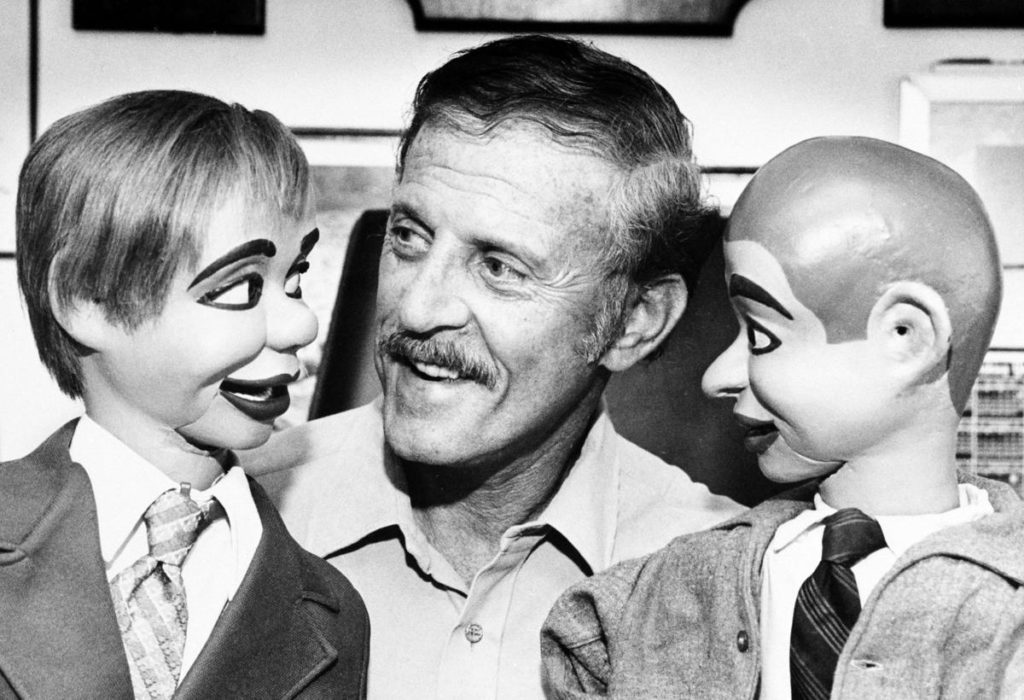
The “success” that eluded Paul Winchell is the kind of success Gould is talking about – the human brain optimized to do what it is designed to do. “Expert generalists” or “pattern recognizers” achieve the same heightened state, and the best of those (as Winchell clearly was) use a lifetime of profoundly-differing experiences to inform the many patterns they spot. Which is what allowed Winchell to think about the valves and levers used to control his dummies as possible valves for the artificial heart. That level of connection is difficult to quantify, and we deny it as a measure of “success”. We attribute it mostly to blind luck. Gould would argue differently:
“Consciousness and chunking allow us to turn the dull sludge of independent episodes in our lives into a shimmering, dense web, interlinked by all the myriad patterns we spot. It becomes a positive feedback loop, making the detection of new connections even easier, and creates a domain ripe for understanding how things actually work, of reaching that supremely powerful realm of discerning the mechanism of things. At the same time, our memory system becomes far more efficient, effective — and intelligent — than it could ever be without such refined methods to extract useful structure from raw data.”
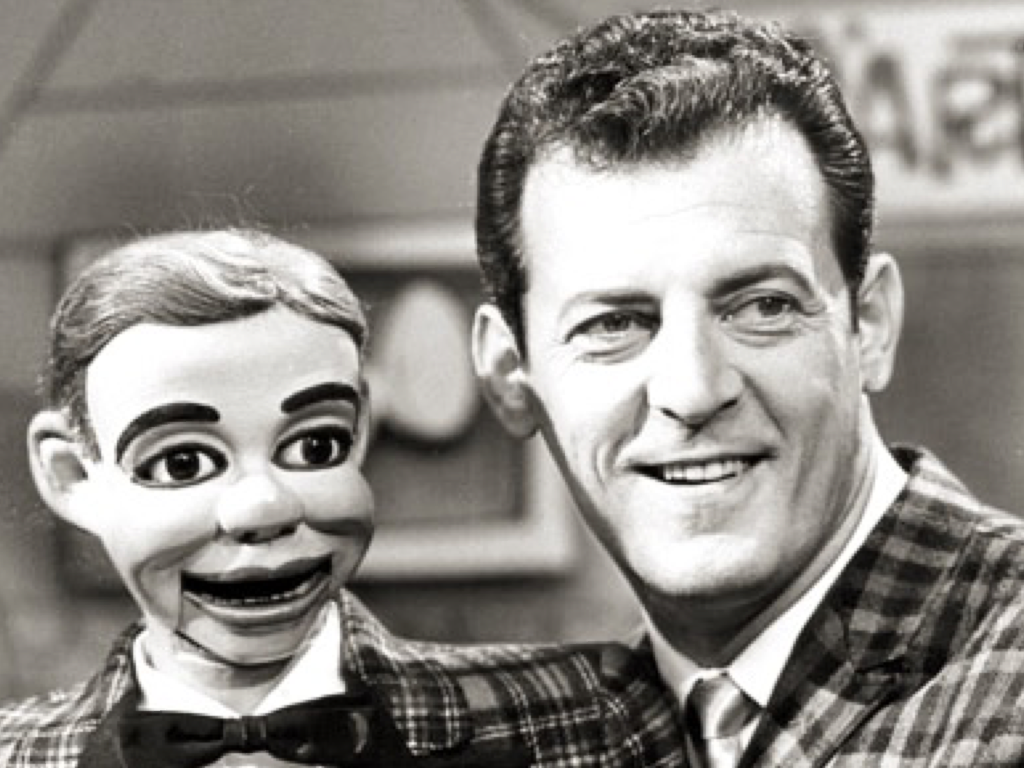
In this day and age, we love Steve Jobs because we can see the computer industry before and after his influence. We love Jim Henson because we see the state of puppetry before and after his influence. We love Warren Buffett because we can see the state of value investing before and after his influence. And while it saddens me to think of Paul Winchell dying never having realized how special his genius was, it’s understandable. Because the kind of special success Winchell experienced can only be measured internally. And it’s measured in the seconds where patterns emerge, where the entirety of our experience feeds our knowledge base and explodes with a pattern that is more than the sum of its parts. It may never look like the successes of Mark Zuckerberg or Bill Gates, but in reality, their success is a function of time and commitment over insight. This is not to dismiss their accomplishments, but more to say (as Gladwell noted) those accomplishments are designated for a very few select people. Winchell’s success is open to everyone. We’re all living, each and every day, and we’re all taking in the ingredients for pattern recognition, if we just pay attention. And with a little effort, we may all reach that supremely powerful realm Winchell reached. And whether it is defined as success or not, I hope we can all learn to bask in the glow of our entire cognitive existence becoming ever more efficient and effective. And that we can use that to make the world a better place.

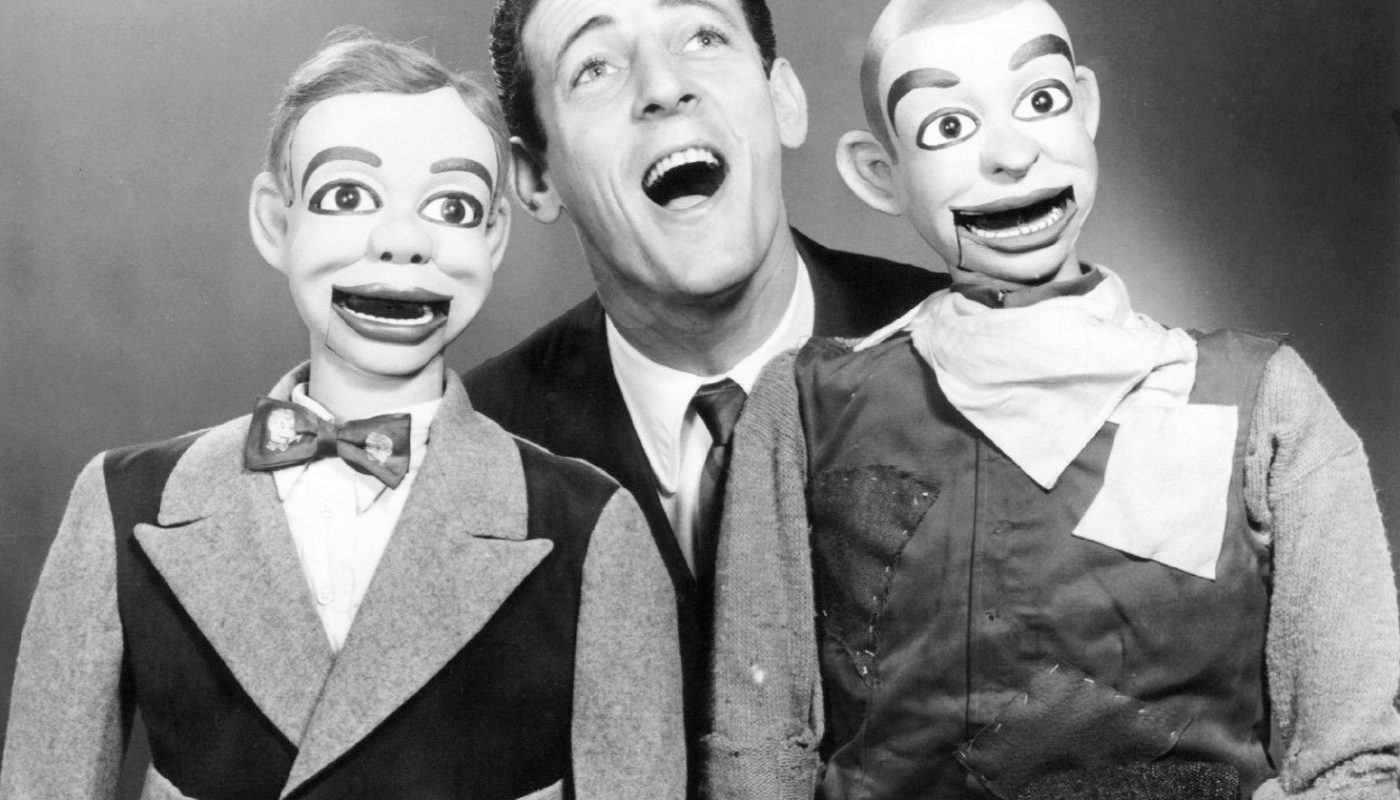
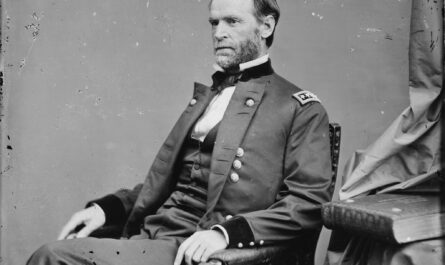
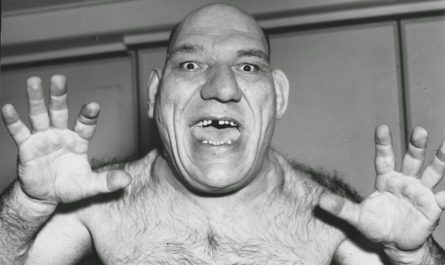
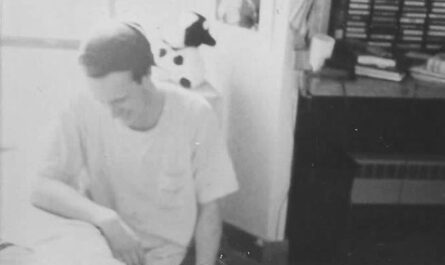
If I blog about this post, will we have created an infinite loop?
For real, thank you for always taking my insights to the next level.
I would like to thank you for the efforts you've put in penning
this blog. I am hoping to see the same high-grade blog posts by you in the future as
well. In truth, your creative writing abilities has inspired
me to get my own, personal blog now 😉
You should be a part of a contest for one of the highest
quality websites on the web. I will recommend this website!
I appreciate your kind words. I haven't written here in awhile, but it means a lot to me that you're still enjoying it!
Let me know if you do! I'd love to read it.